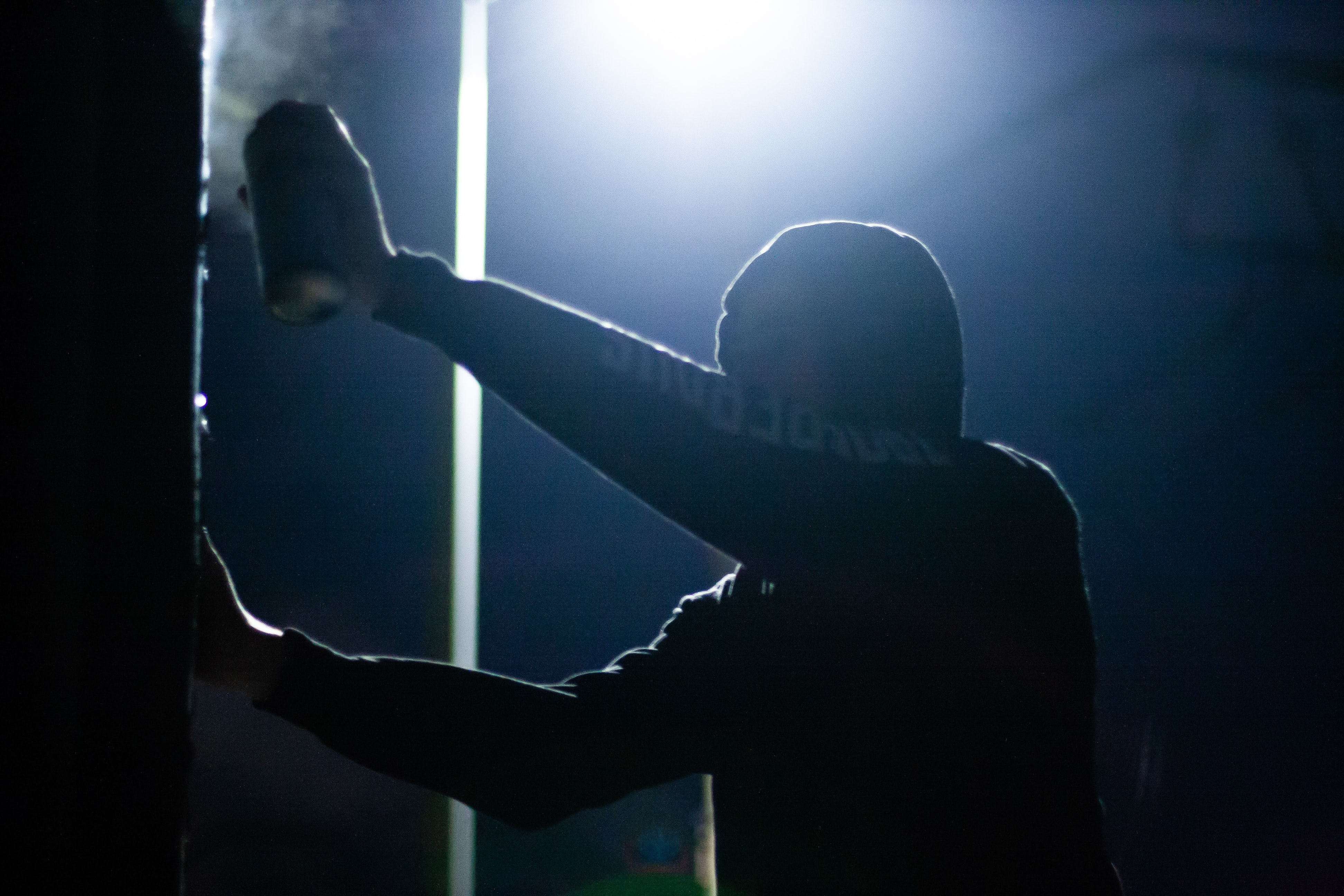Vancouver Islanders at risk of harm or victimization will soon benefit from grants aimed to create a community-based team of front-line workers.
Campbell River, Duncan and Nanaimo will each be getting $30,000, in an effort to deliver better and faster access to services in these cities.
The teams, known as “situation tables,” are made up of representatives from health, public safety and social service agencies.
They identify vulnerable individuals or families likely to experience harm or victimization, or commit a crime, and connect them to services before they experience a negative or traumatic event.
For North Island MLA Michele Babchuk, “There’s a lot of cities that are going through exactly the same thing as what we’re seeing in Campbell River right now.”
“We’ve done a very good job in Campbell River of getting the services available to people,” she says, “but now we need to be able to individually look at those people, especially the ones that are with acutely elevated risk, and make sure they’re connected with the right services.”
Funding is provided by the Ministry of Public Safety and Solicitor General’s Office of Crime Reduction and Gang Outreach. The office has invested more than $1.1 million since 2017 to develop new tables or enhance existing ones, with another $240,000 to provide funding to seven more communities this year.
There are currently ten situation tables operating in B.C., with work underway on eleven more.
Minister of Public Safety, Mike Farnwoth says “We want to see all people, particularly those who are vulnerable and high risk, receive the right support and services they need, when they need them.”
Farnworth adds, by investing in creating these teams in communities throughout the province, “we’re helping front-line workers rapidly connect with people in crisis, while freeing up police to focus on serious and organized criminal activity.”
According to Mental Health and Addiction Minister Sheila Malcolmson, situation tables problem solve one case at a time, so at-risk individuals get the help they need. “In 2019, 54% of situation table cases were transferred from police to social services, so police could focus on criminals instead,” she says.






